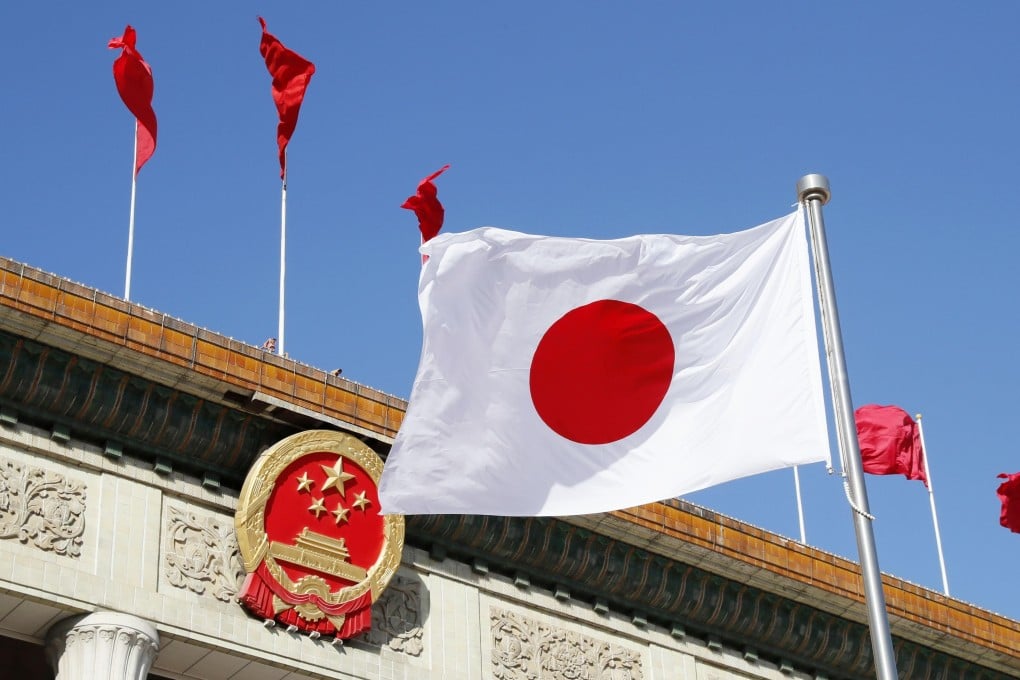Japanese ambassador urges China to consider reasons behind its poor public image
- One poll found that just 10 per cent of people in Japan have a positive image of China, as issues such as Hong Kong continue to weigh on relations
- Newly appointed ambassador Hideo Tarumi tells media outlet that Tokyo is still committed to building stable ties

Japan’s new ambassador to China has urged the country to look at the reasons why it has a poor image among many Japanese people and said it remains to be seen whether Beijing can meet the high standards required to join the Trans-Pacific Partnership.
In an interview with Chinese news portal The Paper, Tarumi said the most important thing was to build “stable bilateral relations”.
“Although our prime minister has changed, the general direction and strategy will remain the same,” Tarumi said. “I believe this is Prime Minister Suga’s diplomatic policy towards China.”
Sino-Japanese relations have long been strained by the legacy of Japan’s wartime occupation of China and an ongoing territorial dispute in the East China Sea, but both sides have been eager to boost their economic and trade relations.